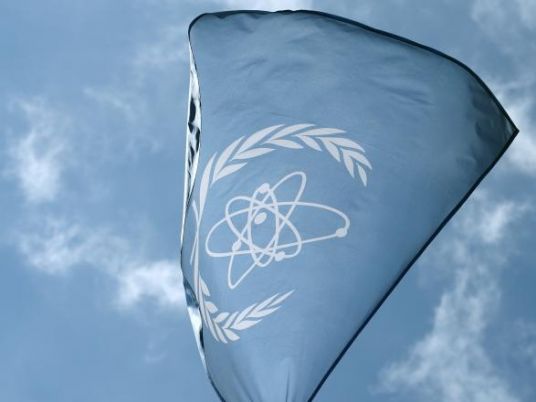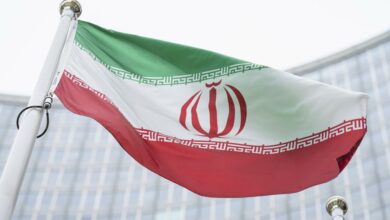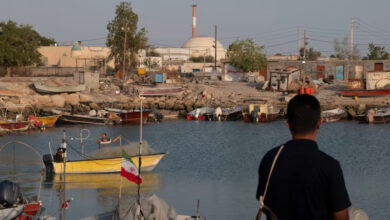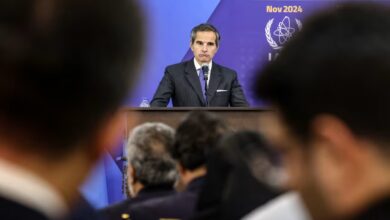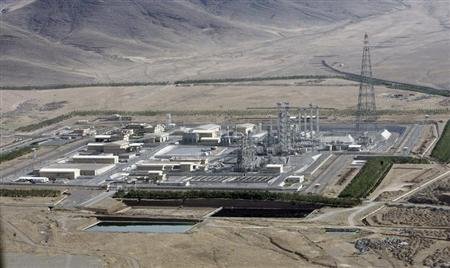
A United Nations atomic agency official recently denied entry into Iran as part of a team investigating suspected bomb research is believed to be an American nuclear weapons expert, diplomatic sources said.
The International Atomic Energy Agency last month said Iran denied a visa for one member of an IAEA delegation that visited Tehran on 31 Aug to try to advance a long-running inquiry into what the UN agency calls the possible military dimensions of the country's nuclear program.
It was the third time the person had been unable to obtain an entry permit, the Vienna-based IAEA said. It did not reveal the official's nationality or expertise.
But the sources, who spoke on condition of anonymity due to the sensitivity of the issue, said they believed he was a US national and an atomic arms expert. The IAEA declined to comment on Thursday.
It is important, the UN agency said in a Sept. 5 report on Iran's nuclear program, that "any staff member identified by the agency with the requisite expertise is able to participate in the agency's technical activities".
In a statement distributed to IAEA member states this week, Iran dismissed the criticism of its refusal to let one IAEA expert into the country, saying it had a sovereign right to decide who to admit onto its territory.
But its failure to issue a visa to an IAEA official may deepen longstanding Western suspicions that it is stonewalling the UN agency's investigation.
The IAEA has for years been trying to get to the bottom of allegations that Iran has worked on designing a nuclear bomb.
Iran says its nuclear activity is peaceful, but suspicions in the West that the civil nuclear program is a front for weapons development have led to punishing economic sanctions, which Tehran hopes will be lifted if ongoing negotiations with world powers succeed in ending the standoff.
Iran and the United States have not had diplomatic ties since shortly after the 1979 Islamic revolution that ousted the US-backed shah, but they are now engaged in multilateral negotiations to try to end their decade-old nuclear dispute.
Iran Vows Cooperation
IAEA member states have the right to deny access to individual inspectors proposed by the UN agency, and Iran has for several years blocked staff from some Western nations, including the United States, to check its nuclear sites.
But the separate, high-level IAEA team in charge of the Iran inquiry – which at least on some occasions has included officials from France, the United States and Britain – has held several meetings in Tehran since early 2012.
It was unclear whether the official who was unable to take part in the August meeting was able to attend a visit by IAEA experts to the Iranian capital this week.
Iran said in its statement that it had provided visas on time to three new members of the IAEA team in recent months.
Western officials say Iran needs to cooperate with the IAEA inquiry if it wants to reach a breakthrough diplomatic settlement with world powers.
Last month's IAEA report said Iran had failed to answer questions about possible military dimensions of its nuclear program by an agreed Aug. 25 deadline, in a possible setback for broader diplomacy between Iran and the United States, France, Germany, Britain, China and Russia.
Iran rejects the accusations as baseless. But since the relative pragmatist Hassan Rouhani was elected president last year on a platform to end its international isolation, it has promised to work with the IAEA to clear up the suspicions.
While the powers seek to limit the size of Iran's future nuclear program – and thereby extend the time it would need for any attempt to accumulate fissile material for a weapon – the IAEA is investigating purported research and experiments in the past that could be applied to making the bomb itself.

